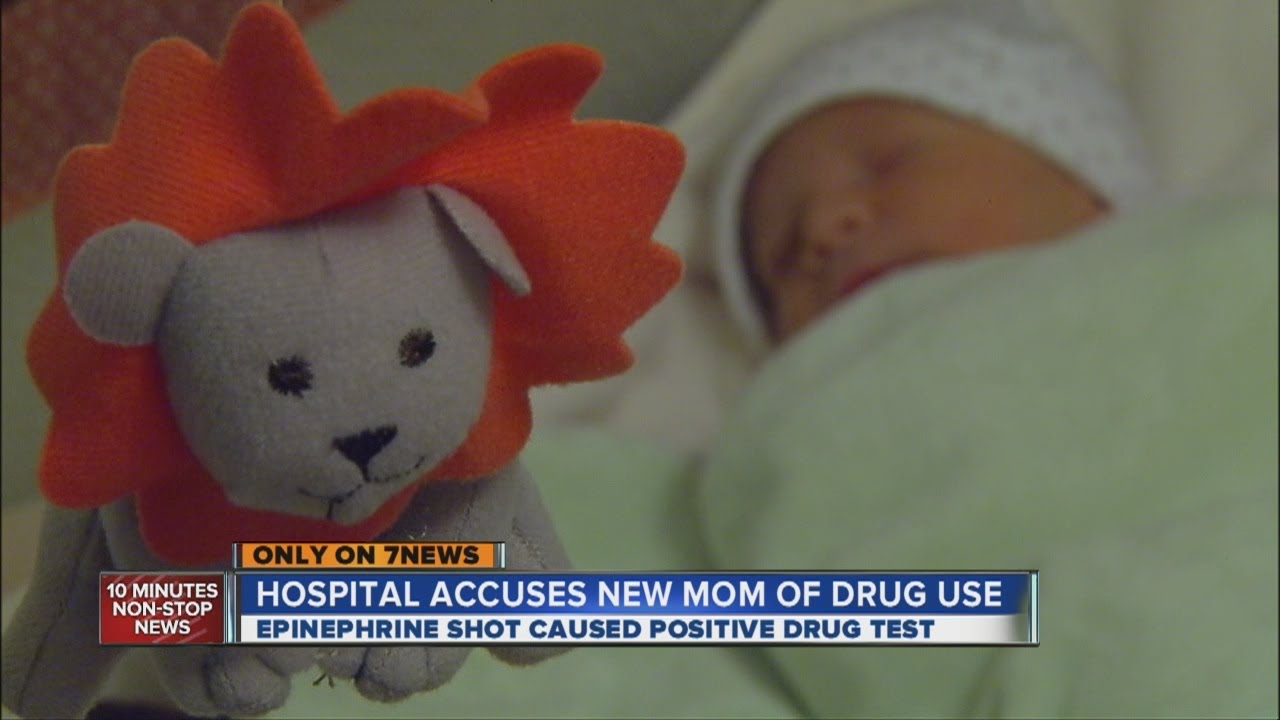Introduction: Drug testing on newborns in Rhode Island
Drug testing on newborns is a practice that has raised both ethical and legal concerns across the United States. In Rhode Island, this controversial practice is conducted under certain circumstances to ensure the well-being of newborns. This article aims to explore the prevalence and implications of drug testing on newborns in Rhode Island.
Legal basis for drug testing newborns in Rhode Island
The legal basis for drug testing newborns in Rhode Island is established under the state’s child protection laws. According to Rhode Island General Law § 40-11-2, healthcare providers are required to report suspected substance abuse by a parent or guardian that may affect the well-being of a child. This law grants authority to conduct drug testing on newborns when there are reasonable grounds to believe that the child has been exposed to substances that may impair their health or development.
Drug testing procedures for newborns in Rhode Island
When drug testing is deemed necessary in Rhode Island, healthcare providers commonly collect urine and meconium samples from newborns. Urine samples are typically collected within the first 24 hours of birth, while meconium samples are collected within the first 72 hours. These samples are sent to qualified laboratories for testing, where various screening methods are employed to detect the presence of drugs or metabolites.
Frequency of drug testing on newborns in Rhode Island
The frequency of drug testing on newborns in Rhode Island varies depending on the circumstances. Generally, drug testing is not routinely conducted on all newborns but is selectively performed when there are specific indications of substance exposure. However, the exact frequency of drug testing in Rhode Island is not publicly available, as the data is governed by health privacy laws.
Types of drugs commonly tested for in newborns in Rhode Island
Drug testing on newborns in Rhode Island typically screens for a range of substances, including but not limited to opioids, cocaine, amphetamines, marijuana, and benzodiazepines. These substances are commonly tested due to their potential impact on the health and development of newborns.
Potential risks and benefits of drug testing on newborns
The practice of drug testing on newborns carries both risks and benefits. On one hand, it can help identify newborns who may require early interventions and support due to substance exposure. Early detection can lead to timely interventions to address the needs of affected newborns. On the other hand, false-positive results can lead to unnecessary stress for families and potential stigmatization. Additionally, there are concerns about the potential for biased targeting of certain populations, leading to disparate outcomes.
Role of healthcare providers in drug testing newborns in Rhode Island
Healthcare providers play a crucial role in drug testing newborns in Rhode Island. They are responsible for recognizing signs of substance abuse in parents or guardians and assessing the need for drug testing in newborns. Healthcare providers also educate families about the importance of drug testing, its potential implications, and available support services.
Privacy and confidentiality considerations in newborn drug testing
Privacy and confidentiality are essential considerations in newborn drug testing. Rhode Island’s Health Insurance Portability and Accountability Act (HIPAA) laws protect the privacy of individuals, including newborns, by ensuring that their health information is not disclosed without proper consent. Laboratories conducting drug testing must adhere to strict protocols to safeguard the confidentiality of test results and ensure compliance with HIPAA regulations.
Support and resources available for families affected by newborn drug testing
Rhode Island offers support and resources for families affected by newborn drug testing. The state provides access to substance abuse treatment programs, counseling services, and support groups. Additionally, healthcare providers play a vital role in connecting families with community resources, such as social services and parenting support programs, to address the unique needs of newborns and their families.
Criticisms and controversies surrounding newborn drug testing in Rhode Island
Newborn drug testing in Rhode Island has been subject to criticisms and controversies. Some argue that drug testing may disproportionately target certain populations, leading to biased outcomes and potential stigmatization. Others raise concerns about the potential for false-positive results and the emotional toll it can have on families. Critics also question the long-term effectiveness and impact of drug testing on improving outcomes for newborns and their families.
Comparison with drug testing practices in other states
While Rhode Island conducts drug testing on newborns under specific circumstances, the prevalence and practices differ across states. Some states have implemented universal newborn drug testing policies, while others restrict it to cases with clear indications. The variation in approaches reflects the ongoing debate surrounding the ethical and legal considerations of newborn drug testing at a national level.
Conclusion: Evaluating the prevalence and implications of newborn drug testing in Rhode Island
Drug testing on newborns in Rhode Island is a practice that aims to protect the well-being of newborns who may have been exposed to substances. It operates within the legal framework established to ensure child protection. However, this practice is not without controversy, as concerns about privacy, potential biases, and the impact on families persist. Healthcare providers, families, and policymakers must continue to evaluate the prevalence and implications of newborn drug testing to strike a balance between protecting newborns and respecting individual rights.





